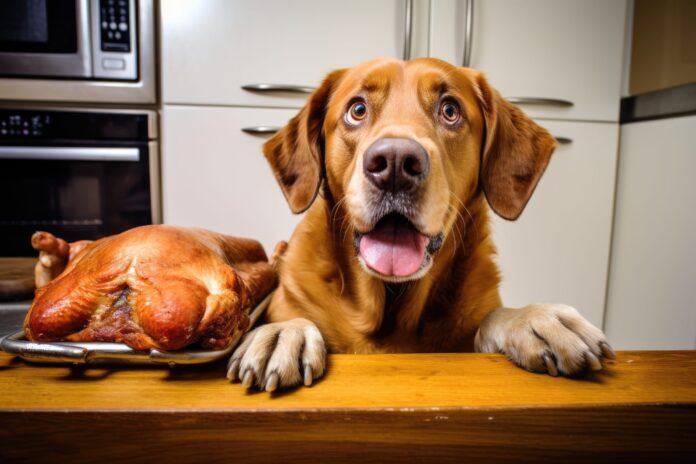Keep Your Pets Safe This Holiday Season: Essential Tips for Pet Owners
As the holiday season approaches, many pet owners look forward to celebrating with their furry companions. However, it’s crucial to prioritize your pet’s health during this festive time. The allure of holiday treats can pose significant risks to our dogs and cats, leading to health complications ranging from mild stomach upset to serious emergencies. To ensure a safe and enjoyable holiday for your pets, consider the following guidelines.
Avoid Dangerous Foods
During the holidays, certain foods can be harmful or even toxic to your pets. Here’s a list of foods that should be strictly avoided:
- Chocolate
- Grapes and raisins
- Xylitol (found in sugar-free gum and some baked goods)
- Onions and garlic
- Raw or cooked bones
- High-fat foods (e.g., roast beef, lamb chops, ice cream)
- Raw meat
- Macadamia nuts
- Avocado
Additionally, be mindful of potentially dangerous objects that pets might ingest, such as wooden skewers or strings used for tying roasts. To avoid accidental consumption, secure your trash and keep a close watch on food items both before and after cooking.
Holiday Treat Tips for Pets
The holiday season can be stressful for pets, so maintaining their regular eating habits is essential. However, if you decide to offer your pet a special treat, follow these guidelines to keep them safe:
Portion Control is Key
One common mistake pet owners make is offering larger portions of treats than necessary. A seemingly small treat can represent a significant portion of a pet’s daily caloric intake. For example:
- A 25-pound active dog needs about 600 calories daily; limit treats to no more than 60 calories.
- A less active 25-pound dog might require only 400 calories, allowing for a maximum of 40 calories from treats.
- A 10-pound cat typically needs just over 200 calories each day, translating to a treat maximum of 20 calories.
You can use a calorie calculator from the Pet Nutrition Alliance website to determine your pet’s specific caloric needs.
Safe Treat Options
If you want to give your pet a holiday treat, consider safe and healthy options such as:
- Apples
- Pumpkin
- Bananas
- Strawberries
- Blueberries
- Melon
- Carrots
- Corn
- Green beans
Be sure to avoid toxic foods like grapes and raisins, as well as fatty dishes laden with butter and spices. Consulting your veterinarian about suitable fruits and vegetables for your pet, especially if they have pre-existing health conditions, is always advisable.
Non-Food Holiday Treats
Remember, special treats don’t always have to be edible. Many pets cherish quality time spent with their owners. Consider engaging them in:
- Taking a walk
- Brushing and grooming
- Playing games
- Providing extra affection
Communicate with your guests regarding treat rules, especially for pets with specific medical conditions.
Creating a Relaxing Environment
Holidays can be overwhelming for pets due to increased activity and disruptions to their routine. Ensure they have access to a quiet space where they can retreat to feel safe and relaxed. This measure not only helps curb their snacking but also reduces overall stress levels.
By following these guidelines, you can ensure that your pets enjoy a safe and happy holiday season alongside your family celebrations. Consult with your veterinarian for personalized advice to keep your furry friends healthy and thriving throughout the festivities.











